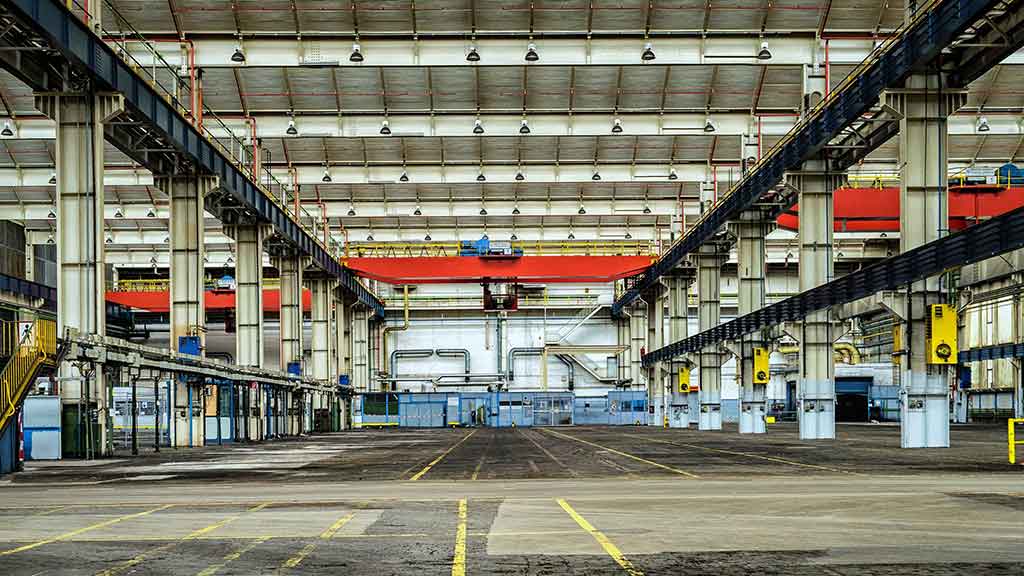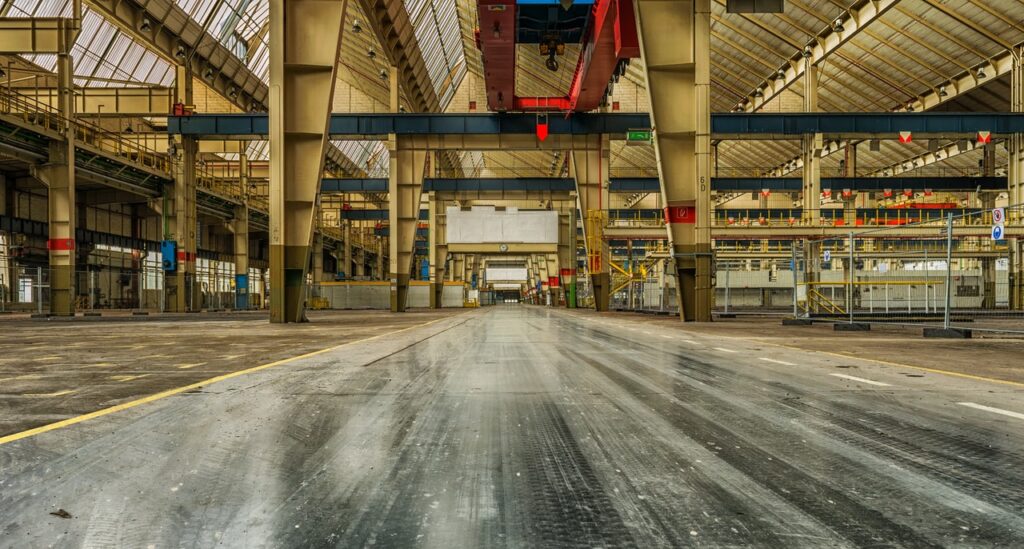
The Scale and Impact of Foreign Direct Investment in Transylvania
Transylvania is no longer just a region of historical charm and scenic landscapes—it is increasingly recognized as a powerhouse for foreign direct investment (FDI) in Romania. In recent years, the region has attracted a diverse range of multinational companies, spanning sectors from automotive supply and logistics to IT and light manufacturing. These investments are not only reshaping the economic landscape but are also driving demand for industrial halls for rent, logistics warehouses for lease, and office spaces for rent, creating a ripple effect that benefits local communities and businesses alike.
What sets Transylvania apart is not just the number of foreign investors, but the scale and diversity of their operations. Companies are investing in production capacity, expanding distribution networks, and establishing regional headquarters, creating both immediate and long-term economic benefits. Understanding this scale provides insight into why the region is becoming a strategic choice for investors seeking growth, stability, and access to talent.
Sectoral Overview: Where Investments Are Concentrated
FDI in Transylvania spans several key sectors, each contributing to the region’s economic strength.
Automotive and Manufacturing
Transylvania has a long industrial tradition, particularly in automotive supply and general manufacturing. Global companies, from established suppliers to new entrants, are seeking production halls for rent in Transylvania to support assembly lines, component manufacturing, and logistics operations. These facilities are often located near major transportation corridors, allowing companies to efficiently distribute goods domestically and internationally.
The scale of these operations varies: some multinational suppliers occupy entire industrial parks, while mid-sized firms lease modular industrial halls designed for flexibility and expansion. The result is strong demand for industrial spaces and predictable growth in adjacent sectors, including logistics, maintenance, and specialized services.
IT and Technology Services
Cluj-Napoca, Timișoara, and Sibiu are now recognized as hubs for IT and tech services. Foreign investment in this sector is not only about office space—it is about creating integrated campuses that combine office spaces for rent with meeting rooms, innovation labs, and collaborative environments.
Companies are drawn to Transylvania’s universities and talent pool, which produce engineers, IT specialists, and multilingual graduates every year. FDI in tech has a dual effect: it creates direct employment while also generating demand for commercial and office space for supporting services such as legal, marketing, and HR operations.

Logistics and Distribution
The growth of e-commerce and regional trade has made logistics a cornerstone of FDI in Transylvania. Investors are actively seeking logistics warehouses for lease and industrial halls for rent that can function as regional distribution centers. Locations with excellent highway connectivity and proximity to borders, such as western Transylvania, are particularly attractive.
Logistics-focused FDI not only impacts industrial space demand but also stimulates ancillary markets, including commercial real estate for office staff, transport services, and supplier networks. Companies increasingly prioritize locations where they can combine production, storage, and distribution under a single operational strategy.
Economic Footprint: Jobs, Exports, and Local Growth
FDI in Transylvania has measurable and significant impacts on the regional economy. For every large industrial or logistics investment, hundreds of direct jobs are created, often complemented by additional roles in local service industries. For example, a single automotive supplier establishing a production hall for rent can generate dozens of engineering positions and hundreds of support roles, while also contracting local suppliers.
Exports are another major benefit. Manufacturing and logistics FDI contribute substantially to Romania’s export figures, particularly in automotive parts, electronics, and consumer goods. Foreign investors bring international standards and processes, which not only enhance product quality but also strengthen the competitiveness of local suppliers.
The influx of multinational companies also drives growth in the real estate sector. Increased demand for office spaces for rent, industrial properties for lease, and logistics warehouses creates a thriving market for developers and property managers. Investors can benefit from predictable rental yields in locations with strong and growing industrial activity.
Emerging Trends in Investment
Several trends are shaping the next phase of FDI in Transylvania:
Infrastructure Expansion
New highways, airport upgrades, and industrial park developments are improving connectivity between regional hubs and international markets. Investors are increasingly considering regions where industrial halls for rent and logistics warehouses for lease are supported by modern infrastructure. Improved transport corridors reduce costs, enhance efficiency, and increase the attractiveness of secondary cities for investment.
Green Energy and Sustainable Operations
Some multinational companies are integrating renewable energy solutions into their operations, creating a demand for industrial halls with energy-efficient features. This trend not only aligns with global sustainability goals but also opens niche opportunities for investors in specialized industrial real estate.
E-Commerce and Distribution Growth
The rapid expansion of e-commerce continues to boost demand for logistics spaces and distribution warehouses. Companies are seeking strategic locations where they can efficiently reach both urban centers and international markets, driving investment in both new facilities and the upgrade of existing industrial properties.
Emerging Secondary Hubs
While larger cities like Cluj, Sibiu, and Brașov remain central, smaller cities such as Alba Iulia, Arad, and Mureș are increasingly attracting FDI. These locations offer cost advantages, available industrial land, and growing talent pools, making them attractive for companies seeking flexible, scalable operations.
Practical Implications for Investors
Understanding the scale and impact of FDI helps investors identify concrete opportunities. For instance:
-
A company seeking to expand into manufacturing might consider a production hall for rent in a growing secondary city, benefiting from lower costs and access to a skilled workforce.
-
Logistics operators can evaluate warehouses for lease near major highways to optimize distribution networks.
-
Service companies may explore office spaces for rent in urban centers with established multinational activity, ensuring access to talent and business networks.
The diversity of FDI in Transylvania—from automotive and IT to logistics and light manufacturing—means that real estate investors, developers, and commercial property managers have multiple avenues to capitalize on regional growth.
A Region Defined by Scale and Opportunity
Foreign direct investment is transforming Transylvania into a region of scale, opportunity, and economic influence. Rather than being concentrated in one or two cities, investments are diversified across sectors, types of operations, and locations. This makes Transylvania a strategic choice for both businesses looking to expand and investors seeking long-term, stable returns.
From industrial halls for rent and logistics warehouses for lease to office spaces for rent and commercial properties, the demand generated by FDI creates tangible opportunities for the real estate market. Understanding the scale, sectoral trends, and emerging hubs ensures that investors can align their strategies with the region’s growth trajectory.
Transylvania is no longer just a region of scenic beauty—it is a dynamic investment landscape where scale meets opportunity. For businesses and investors ready to engage, the time to act is now.

